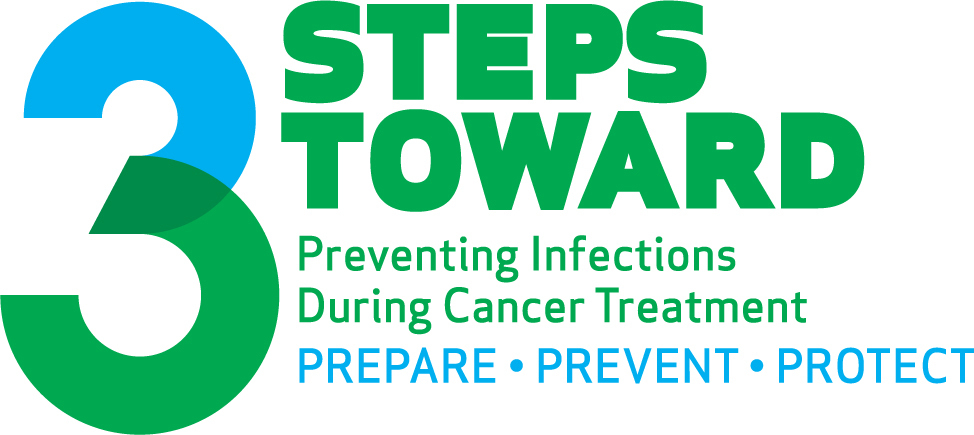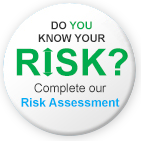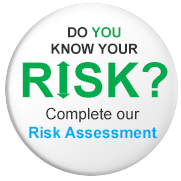
Health Tip Sheet
Caring for Children With Cancer
What You Should Know
 It is normal for parents who are caring for a child with cancer to feel scared and nervous. But with planning, you can help your child through his or her treatment, and watch your child return to a normal life. Knowing the signs and symptoms of an infection and knowing the steps you can take to prevent infections may help make this challenging time easier to get through.
It is normal for parents who are caring for a child with cancer to feel scared and nervous. But with planning, you can help your child through his or her treatment, and watch your child return to a normal life. Knowing the signs and symptoms of an infection and knowing the steps you can take to prevent infections may help make this challenging time easier to get through.
This Health Tip Sheet will give you some important information that will help you take care of your child. The other Tip Sheets will give you helpful information as well.
Chemotherapy and Infection
Chemotherapy is the most commonly used treatment for childhood cancers. These powerful cancer-fighting drugs work by killing the fastest-growing cells in the body—both good and bad. That means that along with killing cancer cells, healthy white blood cells called neutrophils often get destroyed too. When the number of white blood cells is reduced, a condition called neutropenia occurs and can increase your child’s risk for getting an infection. This is a common and serious side effect of cancer treatment.
Since the length of time it takes your child’s blood counts to drop depends on the dose and type of drug used, you should talk to your child’s doctor about when they are likely to be at an increased risk for infection.
When caring for your child, it is important to do the following:
- Take your child’s temperature if he or she feels warm, has the chills, or does not look or feel well.
- Treat a fever as a medical emergency. A fever may be the only sign of infection your child will experience. Call his or her doctor immediately if they develop a fever, even in the middle of the night. Do not wait for the office or clinic to open.
- Know the other signs or symptoms of infection and call your child’s doctor immediately if he or she is experiencing any of these signs or symptoms.
- Take steps to lower your child’s chances of getting an infection.
Fever
 A fever is an oral (by mouth) temperature of 100.4 degrees Fahrenheit (38.0 degrees Celsius) or higher.
A fever is an oral (by mouth) temperature of 100.4 degrees Fahrenheit (38.0 degrees Celsius) or higher.
Other Signs and Symptoms of Infection
While monitoring your child for a fever is important, there are several other signs or symptoms you should know about that may mean your child has an infection, including the following:
- Chills and sweats
- Shortness of breath
- Stiff neck
- Runny or stuffy nose
- Change in cough or a new cough
- Sore throat
- Earache
- Headache
Additional signs and symptoms that may mean your child has an infection include:
- Burning or pain when using the bathroom
- Increased urination
- Stomach pain
- Loose bowels/diarrhea
- Vomiting
- Changes in skin (e.g., blisters, rash, skin sores); check your child’s skin and mouth daily
- Sores or pain around the rectum
- Redness, swelling, pain, or pus at the site of a surgical wound or central venous access device (central line or port)
- New onset of pain
- Change in mental status (e.g., confusion, depression)
Children who receive chemotherapy can be at high risk for getting a serious infection. If this happens and your child does not receive medical care right away, your child could get very sick and may even be at risk for dying. If any of the above signs occur, contact your child’s doctor or nurse immediately. Do not wait until their office or clinic is open.
Preventing Infections
Keep in mind that playing with friends, attending school, and other daily activities, such as sports are a big part of your child’s life. How soon your child should resume these activities after chemotherapy should be discussed with your child’s doctor.
Over the next few pages, there are some steps you should take to lower your child’s risk for picking up an infection:
- Encourage your child to wash his/her hands often to prevent the spread of germs from one person to another. You and other family members should also wash your hands regularly. Hand washing is the most important way to prevent infection. If soap and water are not available, you may use hand sanitizer.
- Encourage your child not to use cups, eating utensils, or toothbrushes used by others.
- Encourage proper mouth care. Have your child brush his or her teeth with a soft toothbrush after waking up in the morning, before going to bed at night, and after eating meals.
- Help your child avoid contact with other children and adults who have infections such as colds, diarrhea, flu, chicken pox, or shingles.
- Your child should not receive any live virus vaccine, such as oral polio or the mumps, measles, rubella vaccine (MMR), or varicella vaccine (the chicken pox vaccine) while on treatment. Live vaccines can cause illness, as your child’s body cannot get rid of the viruses. Your child’s healthcare provider should advise about vaccinations and what is safe to receive. To be safe, talk to your child’s healthcare provider about vaccinations that your other children or family members should receive.
- It is important that your child receives an annual flu vaccine, as should his or her close contacts, including the other members of your immediate family. Be sure to ask for the seasonal flu shot, not the nasal spray flu vaccine. The flu shot is made up of inactivated viruses (killed) and the nasal spray vaccines are made up of live viruses.The flu shot is safer for those with a weakened immune system.
- Talk to your child’s doctor before taking them to the dentist
More Tips on Preventing Infections
Here are some additional steps you should take to lower your child’s risk for picking up an infection:
- Discuss your child’s condition, treatment and infection risk with school personnel.
- Discuss international travel plans with your child’s doctor.
- Check with your doctor before letting your child use a swimming pool or hot tub.
- Try to stop your child from playing with toys that have come into contact with other children. Regularly wash soft toys and security blankets in the washing machine, and wipe down other toys to keep them clean.
- Do not feed your child raw or undercooked meat or eggs.
- As a caregiver, you should avoid artificial nails.






